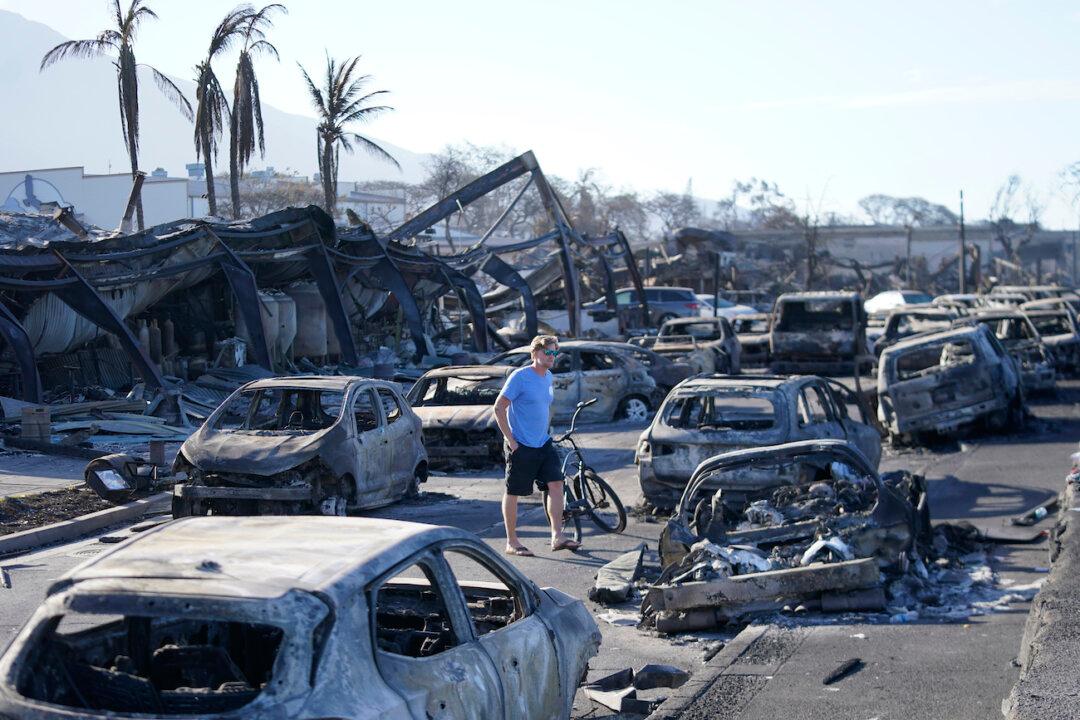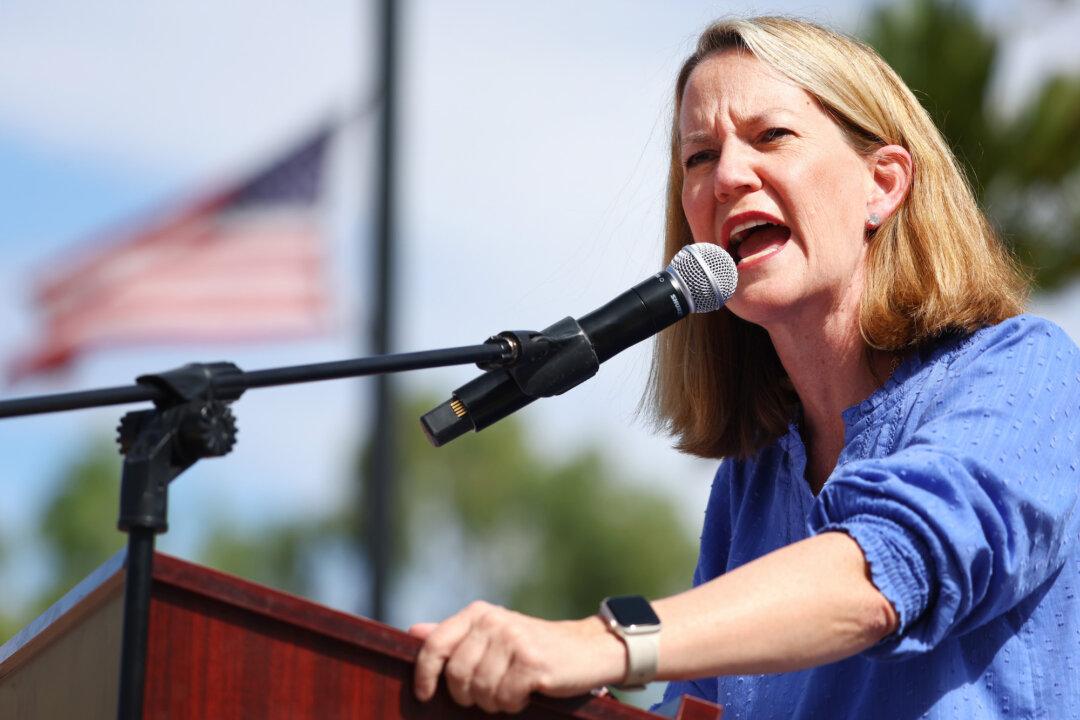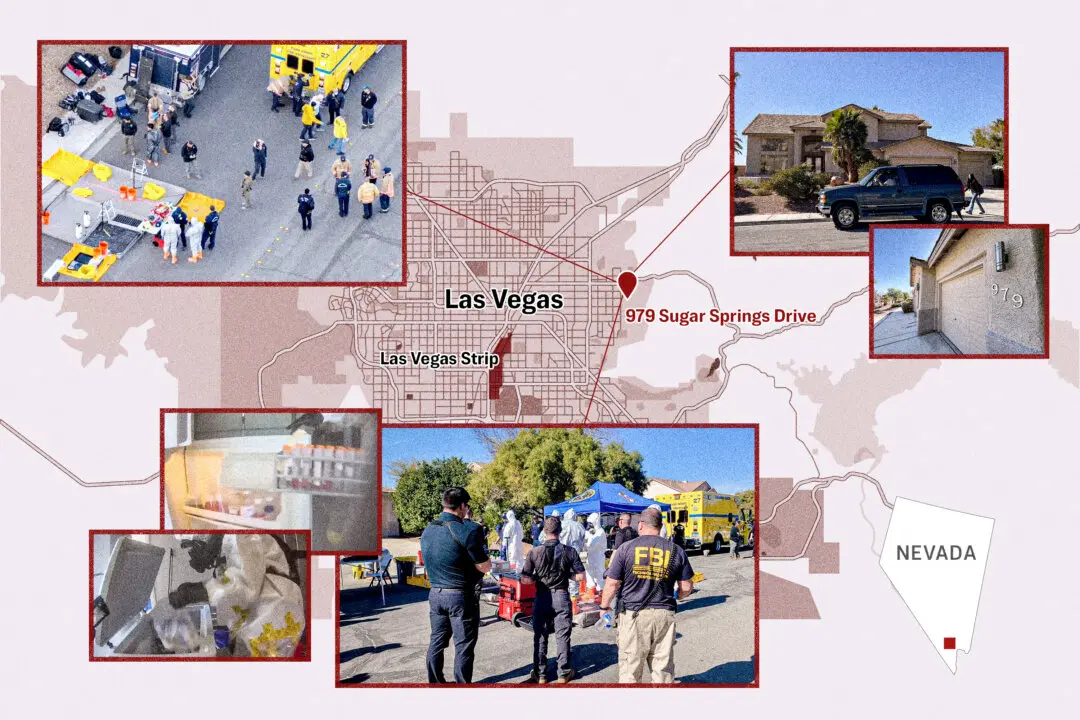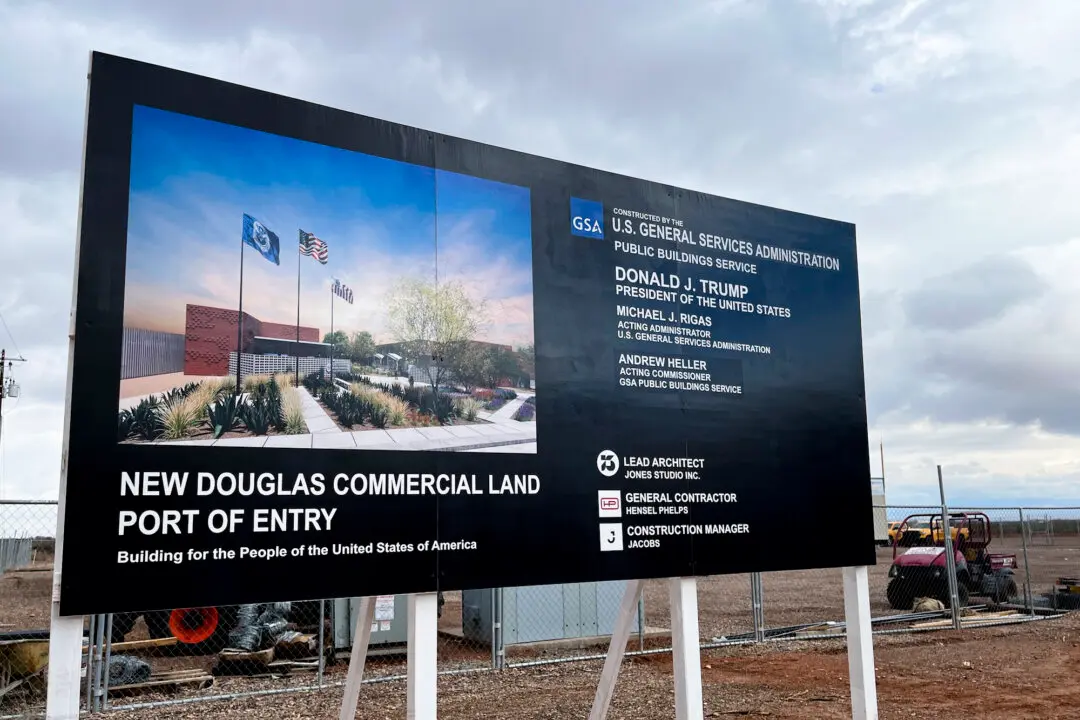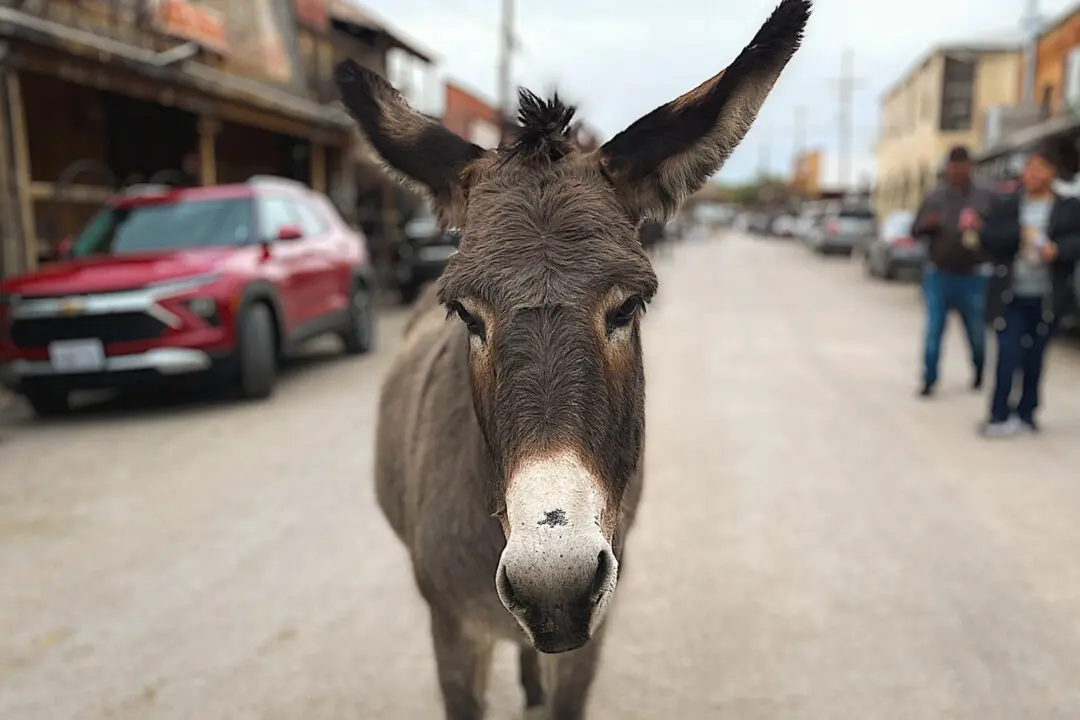MAUI, Hawaii—Ask any Maui resident what they value most on this diverse Hawaiian island of 164,000 inhabitants, and they'll tell you that it’s family, friendship, and community trust.
The last thing Rachel M. expected to hear were reports of people stealing medicine and other supplies from neighbors’ homes in the fire-ravaged areas of Lahaina.
